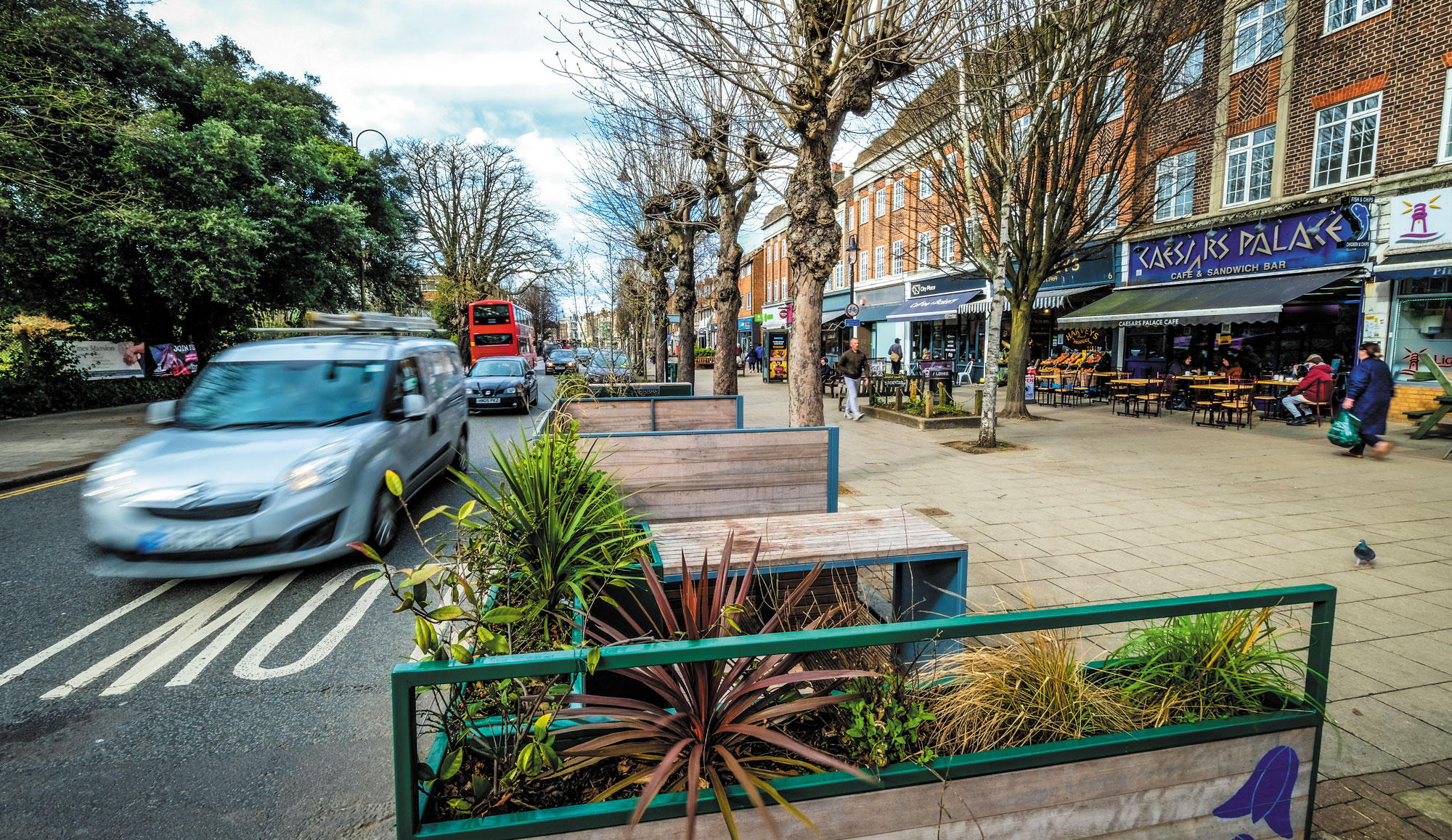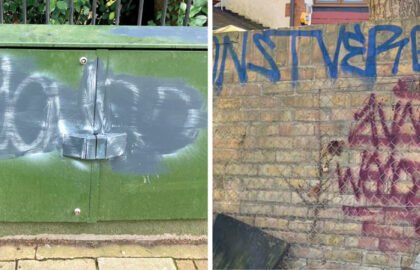The battle between the common good and individual liberty has raged for centuries, but when it comes to car use, local resident Paul Canal believes the idealists are taking us in the wrong direction
Lord Sumption’s 2019 Reith Lectures explored the boundary between individual liberty and state control. Whilst France was built on ‘Liberté, égalité, fraternité’, in China, Russia, North Korea and most left-wing countries, the state reigns supreme. I fear that in Britain, we are moving too far from the French model.
In real democracies, the lines between liberty and control are blurred, and the tactics used to exercise state control more subtle.
At some point, a group of doubtless young idealists decided Britain’s overriding enemy was not Russia (I note the Stop the War Coalition have been noticeably absent on the war in Ukraine), or the threat of a nuclear winter, but the car. My elderly neighbour, who finds walking difficult, drives to the shops, but is viewed as a pariah by the ‘activists’. My colleague, who drops her first child at nursery, second at school two miles away and then drives to work, incurs Greta Thunberg’s wrath.
The cult of “two wheels good, four wheels bad” seems to have infected TfL and our local council to such an extent they have effectively declared war on cars. Roads narrowed, car parking restricted, directly threatening the livelihood of shops and restaurants. In Wanstead, ironically, at the widest part of our High Street, a communal seating area takes up three car parking spaces, at an estimated cost to the local economy of over £120,000 per year.
During the Covid emergency, traffic orders were misused to advance the creation of miles of double yellow lines, further restricting parking. The council has made no secret of its plans to turn the whole borough into a permit parking area. Locally, the Firs Estate in South Woodford will be forced to join a scheme, forcing cars into smaller and smaller areas, perversely creating further demand for such schemes. There is adequate parking for all if it was managed in the interests of all residents, and not as a cash cow for the council. The hidden cost is the increase in isolation and loneliness. Fears of a fine will restrict visits to elderly relatives and vulnerable friends. The forced move to smartphone parking will deter the elderly from visiting our High Street. These hidden costs will not appear on a balance sheet, but will doubtless appear in increased societal costs, as loneliness is a key factor in illness, depression and early death.
The idealists have yet to experience the challenge of being a parent or carer who needs to be in three different places within 30 minutes. Their joints have yet to creak after a lifetime of injuries. They have ambrosia for breakfast whilst the rest of us take Nurofen. We need to call a halt to the borough’s plans to force cars from the streets. We need to challenge the “four wheels bad” narrative and try to construct an environment that works for every user: pedestrian, cyclist and driver. “All for Wanstead, Wanstead for all!”
Paul Canal is a Wanstead resident and Conservative councillor for Bridge ward.




